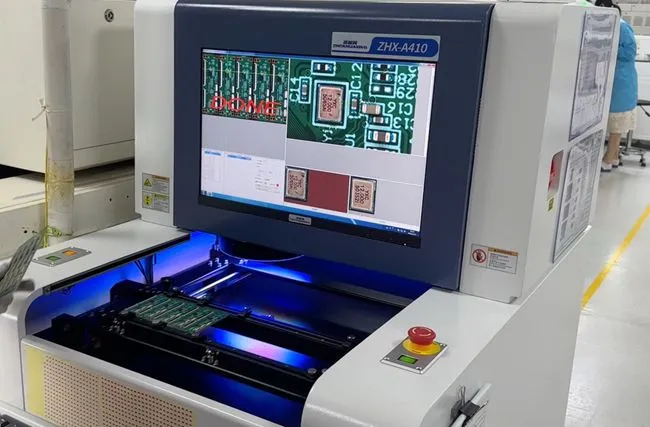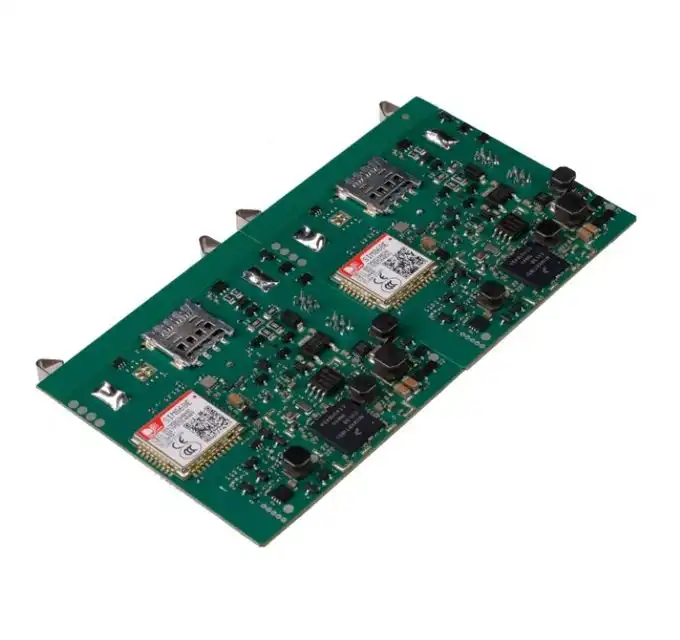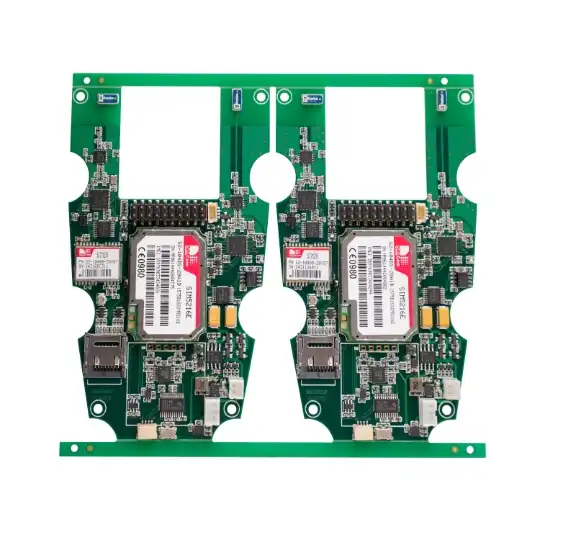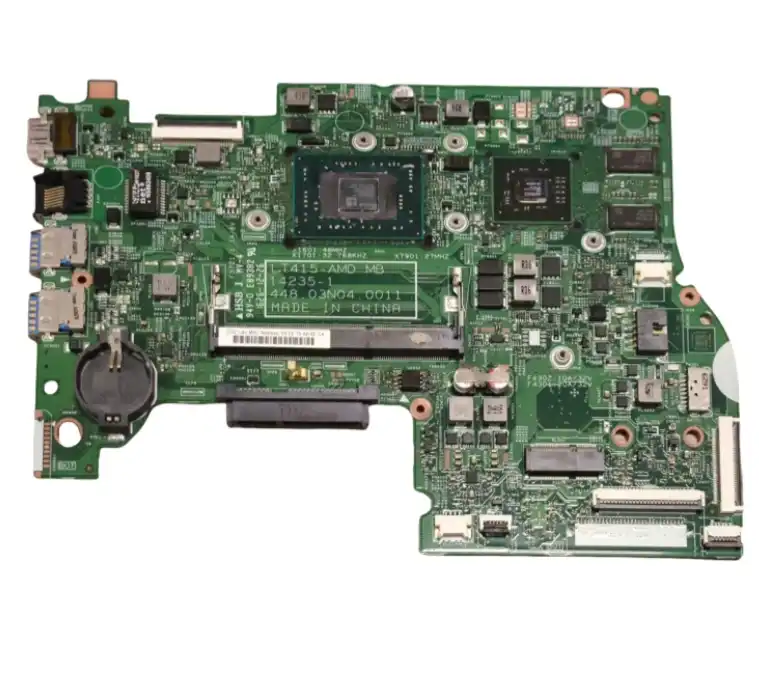The Importance of PCBA Certification in Electronics Manufacturing
PCBA certification is a cornerstone of quality assurance in the electronics industry. It serves as a testament to the reliability and performance of printed circuit board assemblies, which are the heart of modern electronic devices. This certification process involves a series of meticulous tests and inspections designed to validate the integrity of PCBAs against established industry standards.
The significance of PCBA certification extends beyond mere compliance. It's a proactive approach to quality management that helps manufacturers identify and address potential issues before products reach the market. By subjecting PCBAs to rigorous testing, manufacturers can ensure that their products meet or exceed performance expectations, thereby enhancing customer satisfaction and brand reputation.
Quality Assurance Through Standardization
One of the primary benefits of PCBA certification is the standardization it brings to the manufacturing process. Certification bodies establish uniform criteria for assessing the quality of PCBAs, creating a level playing field for manufacturers worldwide. This standardization ensures that certified PCBAs, regardless of their origin, meet a consistent level of quality and reliability.
Moreover, PCBA certification often involves adherence to international standards such as ISO 9001 for quality management systems. These standards provide a framework for continuous improvement, encouraging manufacturers to refine their processes and maintain high-quality outputs consistently.
Enhanced Product Performance and Longevity
Certified PCBAs are subjected to a battery of tests that simulate real-world conditions and stress scenarios. These tests may include thermal cycling, vibration testing, and electrical performance evaluations. By passing these rigorous assessments, certified PCBAs demonstrate their ability to function reliably under various environmental conditions and operational stresses.
This thorough testing translates to enhanced product performance and longevity. Electronic devices built with certified PCBAs are less likely to fail prematurely, reducing the need for repairs and replacements. Consequently, this leads to increased customer satisfaction and lower warranty-related costs for manufacturers.
Key Components of the PCBA Certification Process
The PCBA certification process is a multifaceted approach to quality assurance, encompassing various stages of evaluation and validation. Understanding these key components provides insight into the thoroughness of the certification and its impact on product quality.
Design Review and Documentation
The certification process begins with a comprehensive review of the PCBA design and associated documentation. This step ensures that the design meets industry standards and best practices. Certifying bodies examine schematics, bill of materials, and PCB layout to verify compliance with electrical and mechanical specifications.
Documentation review also includes an assessment of the manufacturer's quality control procedures. This ensures that proper processes are in place for component sourcing, assembly, and testing throughout the production lifecycle.
Component Verification
A critical aspect of PCBA certification is the verification of individual components used in the assembly. This involves checking the authenticity and quality of electronic components to prevent the use of counterfeit or substandard parts. Certifying bodies may require manufacturers to provide documentation proving the sourcing of components from authorized distributors or original equipment manufacturers.
Component verification also includes assessing the suitability of chosen components for the intended application. This ensures that all parts can withstand the expected operational conditions and contribute to the overall reliability of the PCBA.
Assembly Process Evaluation
The PCBA certification process includes a thorough evaluation of the assembly techniques and procedures. This involves assessing the soldering quality, component placement accuracy, and overall workmanship. Certifying bodies may conduct on-site audits to observe the assembly process and verify adherence to industry standards such as IPC-A-610 for acceptability of electronic assemblies.
Advanced inspection techniques, such as X-ray analysis and automated optical inspection, may be employed to detect hidden defects or quality issues that might not be visible to the naked eye. These evaluations help ensure the consistency and reliability of the assembly process.
Functional and Environmental Testing
A cornerstone of PCBA certification is the battery of functional and environmental tests that assemblies must pass. These tests are designed to simulate real-world conditions and stress scenarios that the PCBA might encounter during its operational life.
Functional testing verifies that the PCBA performs according to its design specifications. This may include power-on tests, signal integrity checks, and performance evaluations under various load conditions. Environmental testing subjects the PCBA to extreme temperatures, humidity, vibration, and electromagnetic interference to assess its resilience and reliability.
By successfully passing these rigorous tests, certified PCBAs demonstrate their ability to function reliably in their intended applications, even under challenging conditions.
The Impact of PCBA Certification on Industry and Consumers
PCBA certification has far-reaching implications for both the electronics industry and end consumers. Its influence extends beyond quality assurance, shaping market dynamics, consumer confidence, and technological innovation.
Elevating Industry Standards
The widespread adoption of PCBA certification has significantly elevated industry standards. Manufacturers striving for certification are compelled to invest in better equipment, improve their processes, and upskill their workforce. This push towards excellence fosters a culture of continuous improvement within the industry.
Moreover, certification creates a benchmark for quality, allowing companies to differentiate themselves in a competitive market. As certified PCBAs become the norm, it raises the bar for all players in the industry, leading to an overall improvement in product quality across the board.
Building Consumer Trust
For consumers, PCBA certification serves as a seal of quality and reliability. In an era where electronic devices play an increasingly central role in daily life, the assurance of a certified product can significantly influence purchasing decisions. Certified PCBAs in devices translate to fewer failures, longer product lifespans, and improved user experiences.
This increased reliability builds consumer trust, not just in individual products but in brands and the electronics industry as a whole. As consumers become more aware of the importance of certification, it may drive demand for certified products, further incentivizing manufacturers to pursue and maintain certification.
Facilitating Global Trade
PCBA certification plays a crucial role in facilitating global trade in the electronics sector. Many countries have specific requirements for electronic products entering their markets, and certification often serves as proof of compliance with these regulations. Certified PCBAs are more likely to meet international standards, making it easier for manufacturers to export their products to different markets.
This global acceptance of certified PCBAs not only opens up new markets for manufacturers but also ensures a consistent level of quality for consumers worldwide. It creates a common language of quality assurance that transcends geographical boundaries.
Driving Innovation and Efficiency
The rigorous standards set by PCBA certification often drive innovation in manufacturing processes and technologies. To meet certification requirements, companies invest in research and development, leading to advancements in areas such as automated inspection systems, precision assembly techniques, and quality control methodologies.
These innovations not only help in achieving certification but often result in more efficient production processes. Improved efficiency can lead to cost savings, which may be passed on to consumers in the form of more competitive pricing for high-quality electronic devices.
Conclusion
PCBA certification is a pivotal process in ensuring the quality and reliability of electronic devices. It establishes a standard of excellence that benefits manufacturers, consumers, and the industry as a whole. By subjecting PCBAs to rigorous testing and evaluation, certification provides assurance of product performance, durability, and safety.
For businesses seeking reliable PCBA suppliers or manufacturers, partnering with certified providers is crucial. These certified PCBA manufacturers have demonstrated their commitment to quality and adherence to industry standards, making them ideal partners for producing high-quality electronic devices. As technology continues to evolve, the importance of PCBA certification will only grow. It will remain a key driver of innovation, quality assurance, and consumer trust in the ever-expanding world of electronics.
FAQ
What is PCBA certification?
PCBA certification is a process that verifies the quality and reliability of Printed Circuit Board Assemblies against industry standards through rigorous testing and evaluation.
Why is PCBA certification important?
It ensures product quality, enhances performance and reliability, facilitates compliance with regulations, and builds consumer trust in electronic devices.
What does the PCBA certification process involve?
The process typically includes design review, component verification, assembly process evaluation, and functional and environmental testing.
How does PCBA certification benefit consumers?
Certified PCBAs lead to more reliable electronic products with longer lifespans and better performance, enhancing overall user experience.
Can PCBA certification impact global trade?
Yes, certified PCBAs often meet international standards, making it easier for manufacturers to export their products to different markets worldwide.
Expert PCBA Certification Services | Ring PCB
Ring PCB, with its team of 500+ professionals, offers comprehensive PCBA certification services. Our state-of-the-art facilities and experienced technicians ensure top-quality PCB and PCBA solutions. We provide full turn-key services, including PCB manufacturing, component sourcing, and assembly, all backed by rigorous quality control and international certifications. For reliable, high-quality PCBA certification from a trusted manufacturer, contact Ring PCB at [email protected].
References
1. Johnson, A. (2022). "The Impact of PCBA Certification on Electronic Device Reliability". Journal of Electronics Manufacturing, 15(3), 78-92.
2. Smith, B., & Brown, C. (2021). "PCBA Certification Standards: A Comprehensive Guide". Electronics Quality Assurance Quarterly, 28(2), 112-130.
3. Lee, D. H., et al. (2023). "Advancements in PCBA Testing Methodologies for Enhanced Certification Processes". IEEE Transactions on Components, Packaging and Manufacturing Technology, 13(5), 891-905.
4. Zhang, L., & Wang, Y. (2022). "The Role of PCBA Certification in Global Electronics Supply Chains". International Journal of Production Research, 60(8), 2456-2470.
5. Anderson, R. M. (2021). "Consumer Perception of Electronic Device Quality: The Influence of PCBA Certification". Journal of Consumer Behavior, 20(4), 345-359.






